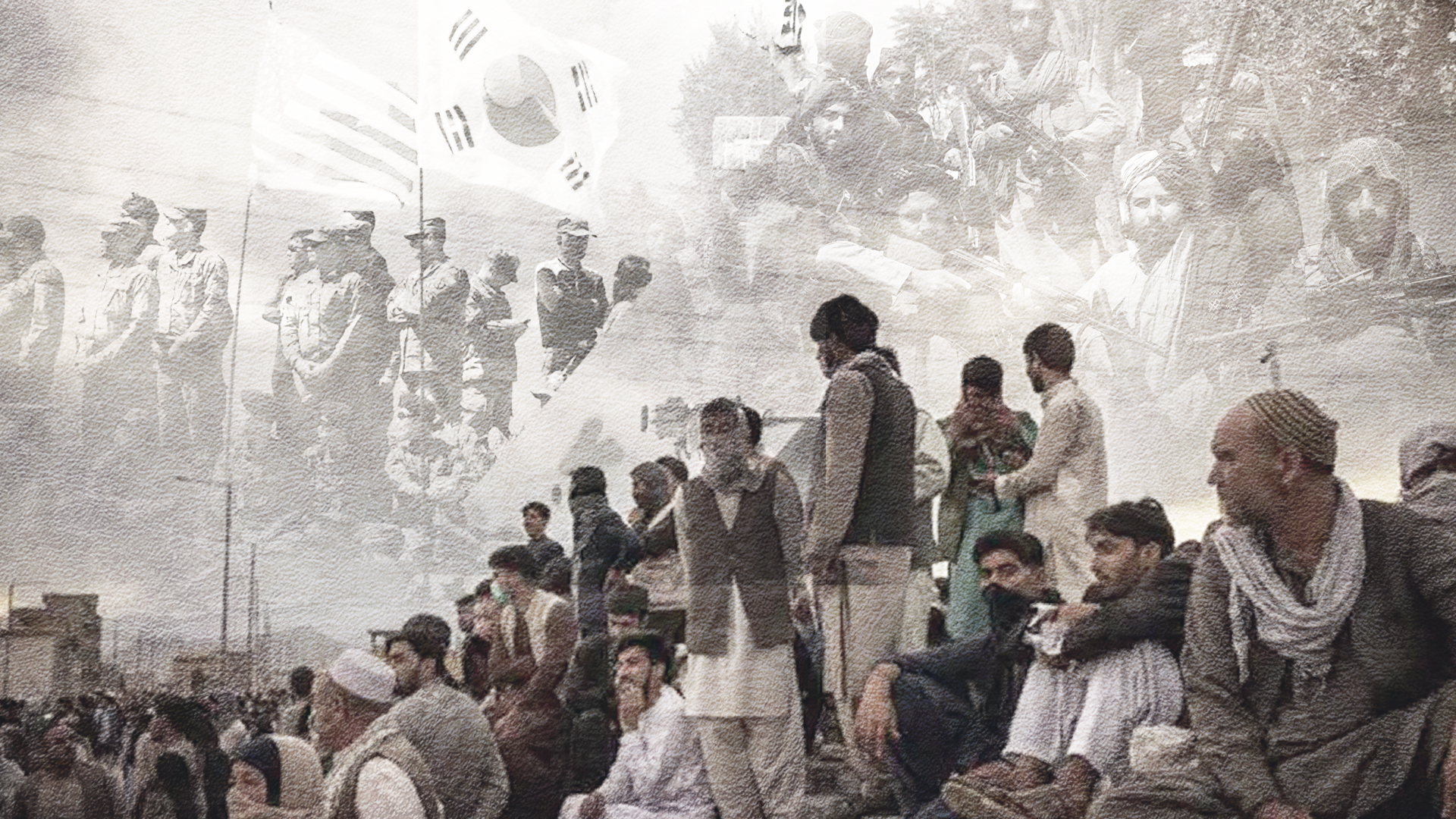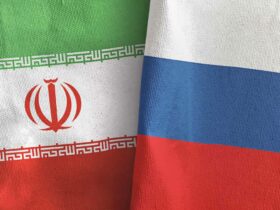By Mehmet Emre Öztürk
The crisis in Afghanistan has created a new agenda in Asia-Pacific. The recently published article of the Wall Street Journal, which claimed that the US considers transferring Afghan refugees to its overseas military bases, including those in South Korea, has caused great echo in the said country.
The South Korean Foreign Minister Chung Eui-yong spoke on the issue in the 23rd general session of the National Assembly’s Foreign Relations and Unification Committee. The Minister confirmed US intends to use the military bases as camps for Afghan refugees. Chung said “it is true that the allies are discussing the possibility as a principle, but till today, not serious contact was established with us on the issue.”
The Foreign Minister added that the use of military bases as refugee camps requires definitely the approval of the South Korean government, indicating a new crisis with the US.
South Korea has already been discussing the long term dependency on US military bases with the test the US has passed in Afghanistan. The public opinion was asking whether South Korea would share Afghanistan’s destiny by being abandoned by the US military. US Special Envoy for North Korea, Sung Kim tried to calm waters in an interview to the state TV channel KBS, saying “the US’ commitment to South Korea’s security is sacred. Therefore, I don’t think there will be any change in the US’ will to protect South Korea.” But the concern in Korean public opinion is not limited to this issue.
Public concerns turn into changing voting patterns
A day before that program, the Chairman of the governing Democratic Party, Song Young-gil had declared that the government was evaluating different diplomatic formula to bring Afghan citizens into the country. The opposition on the other side claimed that, if Moon Jae-in signs a peace agreement with the People’s Democratic Republic of Korea, the US military forces would be forced to withdraw and the airport of Incheon would resemble the situation of Kabul Airport.
With presidential elections less than a year away, it is obvious that the Afghanistan crisis will have profound, even decisive effects on Korean domestic politics.
“Will the US stay in Korea eternally?”
Doubts on the long-term military commitment have risen along with the disagreements during the Trump administration. Donald Trump’s demand of 5 billion US dollars in exchange to keep the US deployment going on is considered a turning point. “America First” has blown some cold winds between South Korea and its close ally, the United States – winds that are not expected to diminish.
Park Won-gon, professor at the University of Ewha Womans, told to Voice of America that such expressions wouldn’t be forgotten. Park said, “South Korea experienced the Trump administration for four years, and it is hundred percent sure that the US will never return to those policies.”
The governing Democratic Party on the other hand tries to turn the current crisis into an opportunity, and follows a different strategy.
In a recent statement, Democratic Party’s Chairman Song Young-gil said “The crisis in Afghanistan is an opportunity to take back the OPCON (Agreement on transition of wartime operational control of Armed Forces). As important as the South Korean – US alliance is – our country also needs a defense posture that is self-confident.” The Chairman thus lifted the OPCON again back on the agenda, which the party has already had defined as a central mission.
Are the South Korean people ready for Afghan refugees?
The UN High Commissioner for Refugees made a survey among 1016 adults in South Korea in December 2020. Results have shown that 57% of the population opposes the acceptance of refugees. Social concerns, such as economic problems and a rise in crime rates were brought forward as main reasons for the rejection.
A South Korean diplomat, who spoke to United World International, said “it is nice to have a positive image by accepting mercifully refugees, but one has to consider the sociological and economic effects and problems that people from a distant culture may cause in South Korea. These people have the Muslim culture. The South Korean people are not ready to understand them, nor are the ready to understand us. If necessary, the government should challenge the US and avoid mistakes that later cannot be corrected.”
Anonymous radical commentaries on the issue circulating on social media receive great support. On of the most liked comments says: “Look what happened to Europe after they accepted Muslims. Now they are living side by side with terror.”
Crisis of Yemeni refugees
South Korea has attempted to grant a refugee status to more than 500 Yemenis between 2016 and 2018. But following popular protests, the government settled the refugees on Jeju Island. Some protest actions against granting the Yemenis the status of refugees kept the public opinion busy for months. Close to a million citizens signed a petition directed at the presidency. The government could not withstand the protests and granted only 2 Yemenis the status of refugee, while over 400 were kept in the country on with a permission connected humanitarian law. The international law provides refugees with s special status and legal protection. Those who have the permission to stay on humanitarian ground are exempted from these rights and protections.
Will the government recognize the Taliban?
The South Korean government declared it will “not hurry on the matter” of recognizing the Taliban as a legitimate government. Song Young-gil said “the government will determine its position according to the Taliban’s actions and the positions of the international community”.
The Taliban responded. The Taliban Culture Commission member Abdul Qahar Balkhi said in an interview to the Yonhap news agency, “I hope that South Korea will recognize the Taliban diplomatically. Afghanistan is replete with untapped mineral resources. Korea as a leading world manufacturer of electronics can work with our country based on mutual interests, where we can also serve as an economic corridor connecting South and Central Asian countries.”

















Leave a Reply